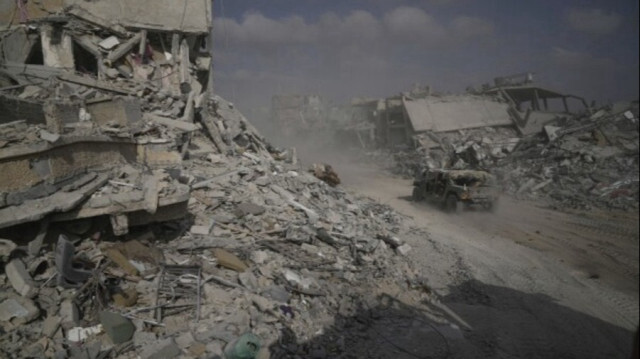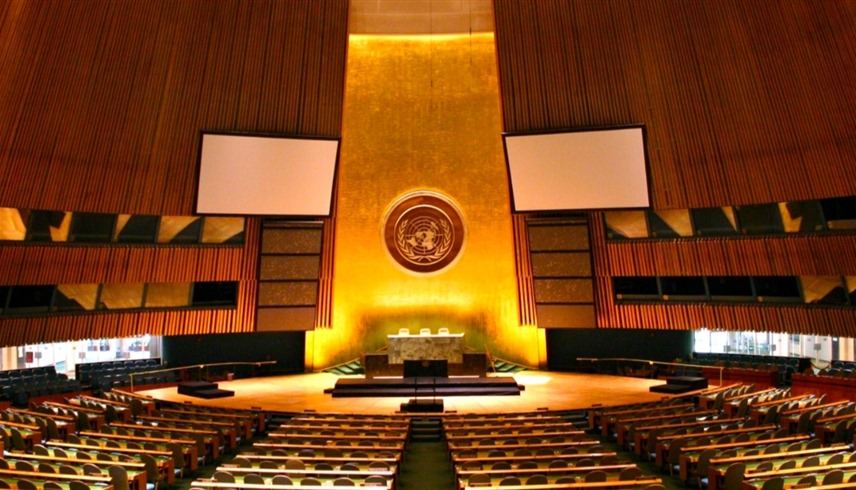Jordan's King Abdullah Appoints New Prime Minister Amid Political Shifts
King Abdullah of Jordan has accepted the resignation of PM Bisher Khasawneh, appointing Jaafar Hassan as new PM to navigate post-election challenges.
Published September 16, 2024 - 00:09am

Image recovered from arabnews.com
Jordan is undergoing a significant political transition following the recent parliamentary elections. King Abdullah II has accepted the resignation of Prime Minister Bisher Khasawneh's government, signaling a substantial shift in the kingdom's political landscape. Acknowledging parliamentary electoral outcomes, the monarchy has designated Jaafar Hassan as the new prime minister. Hassan, a Harvard-educated technocrat and head of King Abdullah's office, is entrusted with steering the country through upcoming challenges.
The resignation of Khasawneh aligns with Jordan's constitutional custom, where the government resigns following parliamentary elections to pave the way for a cabinet reflective of the new legislative composition. Bisher Khasawneh, who served nearly four years as prime minister and is noted as the longest-serving one under King Abdullah II's reign, has been acknowledged for his attempt to drive pivotal reforms in the country. These reforms, championed by the king, aimed at resuscitating Jordan's economy which has seen sluggish growth exacerbated by the COVID-19 pandemic and regional conflicts.
Notably, Jaafar Hassan, the newly appointed prime minister, is expected to tackle significant economic troubles. His primary challenge revolves around mitigating the impact of the Gaza war on Jordan's economy, which has been hard-hit by reduced investment and tourism. According to sources, Hassan's extensive experience as a former planning minister, and his respected status as a technocrat, might play a crucial role in navigating these economic hardships. However, the road ahead is laden with formidable tasks, especially at a time when internal and external factors continuously test Jordan's political and economic stability.
The recent parliamentary elections observed a significant gain for Islamist opposition, primarily the Muslim Brotherhood and allies of the Palestinian militant group Hamas. Garnering 31 seats, the Islamists now constitute the largest political grouping in the 138-member parliament. This shift comes amid heightened anti-Israel sentiment and widespread protests supporting Hamas, which some opponents argue have increased their popularity. Despite a pro-government majority remaining intact, this emerging opposition could challenge several IMF-backed reforms and foreign policy directions previously set.
Economists and political analysts predict that key tasks for the new government will include accelerating IMF-guided economic reforms. These efforts are crucial for reining in a substantial public debt, which stands over $50 billion. The kingdom's economic trajectory relies heavily on foreign assistance, particularly from Western donors, whose financial aid is paramount in sustaining Jordan's stability. The outgoing prime minister, Khasawneh, was dedicated to reversing years of economic stagnation but faced formidable obstacles including entrenched conservative establishments resistant to rapid liberal reforms.
Underpinning these economic efforts, however, is the broader objective of fortifying democracy within the kingdom. King Abdullah II, in his appointment letter to Hassan, stressed the importance of strengthening democratic principles and pursuing large-scale donor-supported infrastructure projects focused on energy and water sectors. The monarch's remarks underscore a commitment to continued modernization, albeit within a socio-political context that remains highly conservative and complex.
Jordan's political structure, as per its constitution, bestows substantial power with the king. Although the parliament holds the capability to force a cabinet's resignation via a vote of no confidence, significant executive decisions rest with the monarchy, including the appointment of the government and dissolution of the parliament when deemed necessary. This dynamic, while maintaining stability, also implies that the comprehensive implementation of reforms will require an intricate balancing act of political negotiations and socio-economic considerations.
As the kingdom navigates this political transition, all eyes are on Jaafar Hassan and his newly formed cabinet. Their policy directions and administrative decisions will likely define Jordan's economic recovery and the advancement of democratic structures in a region beset with geopolitical volatility. The weight of expectations on Hassan is substantial, but his prior experience and reputation as a respected technocrat provide a promising foundation for addressing Jordan's multi-faceted challenges.






